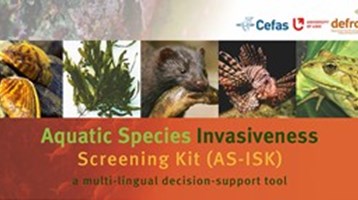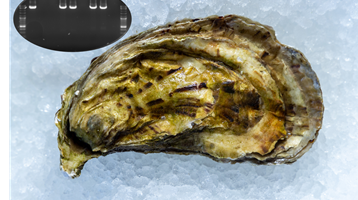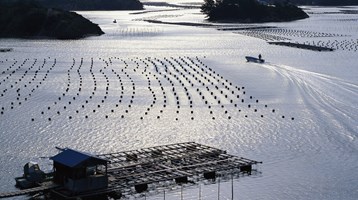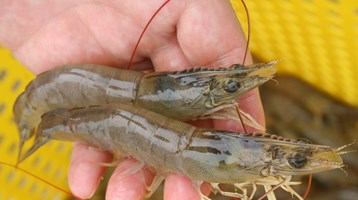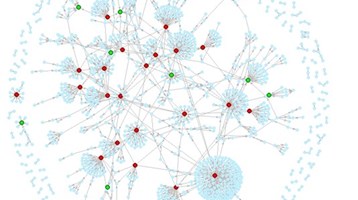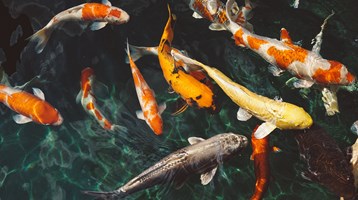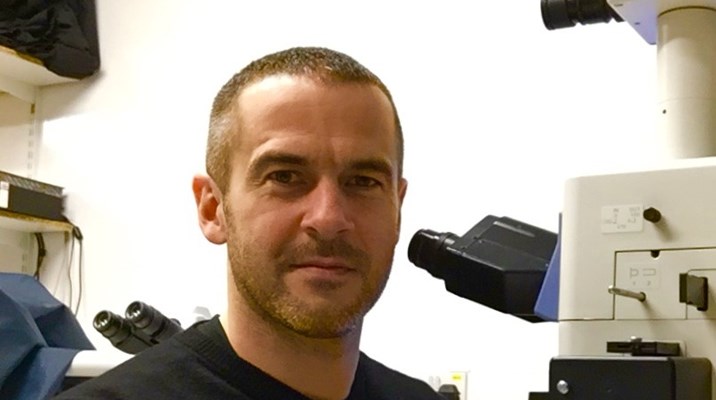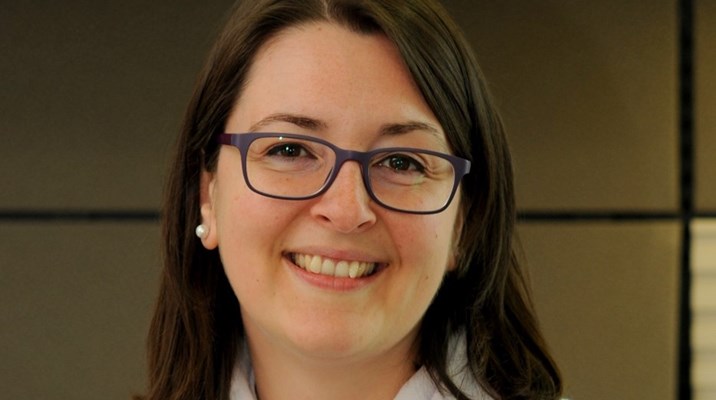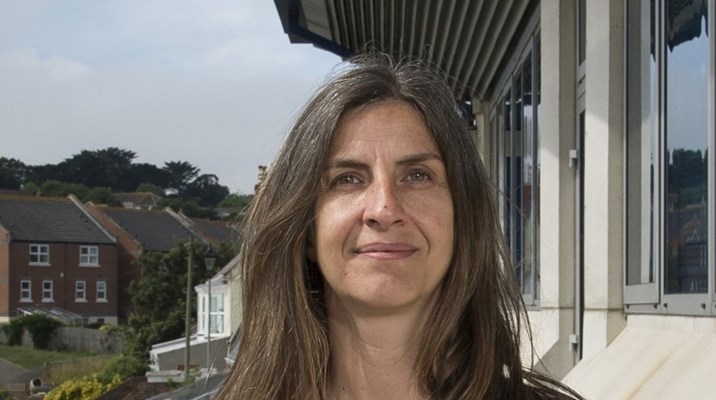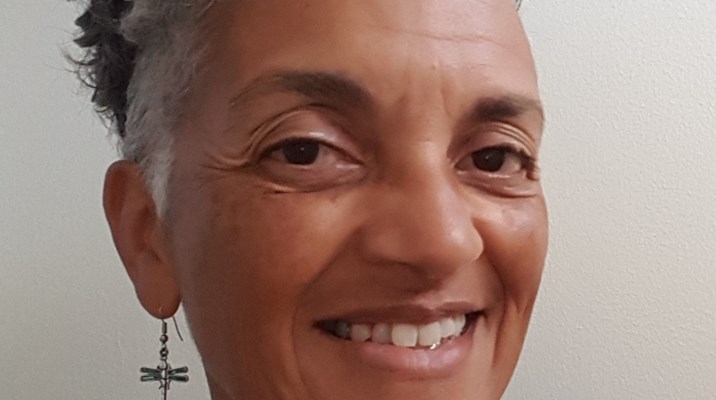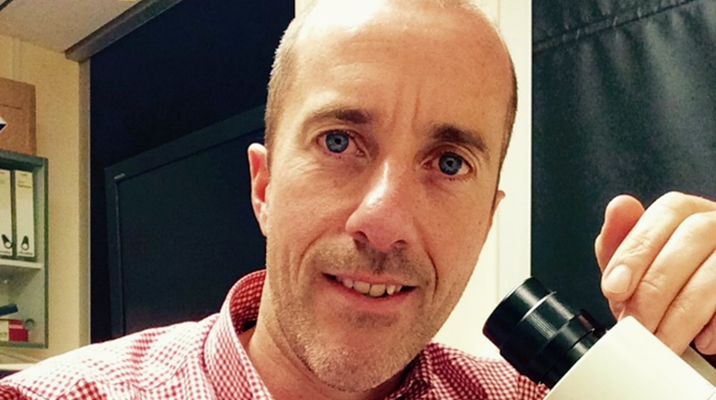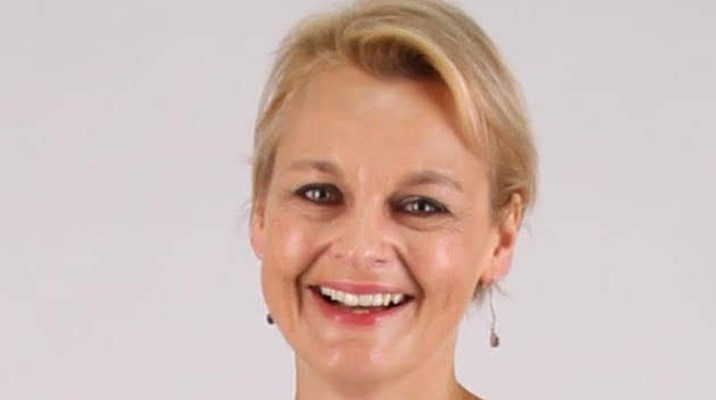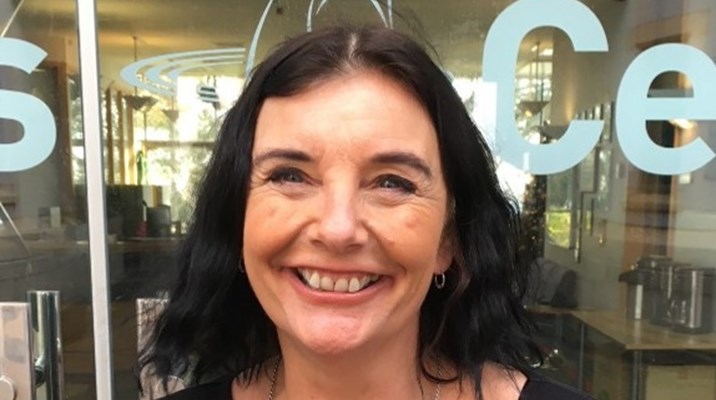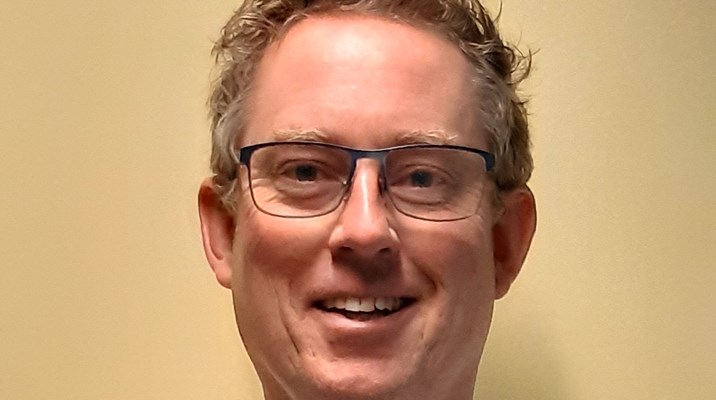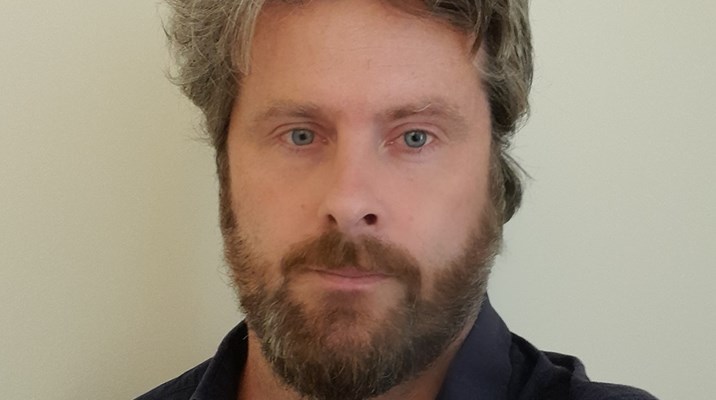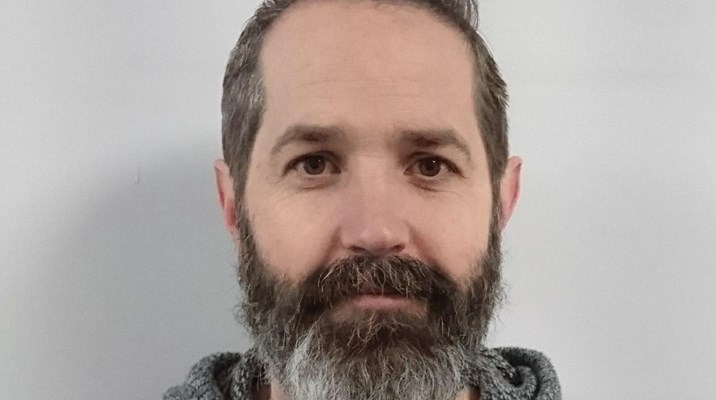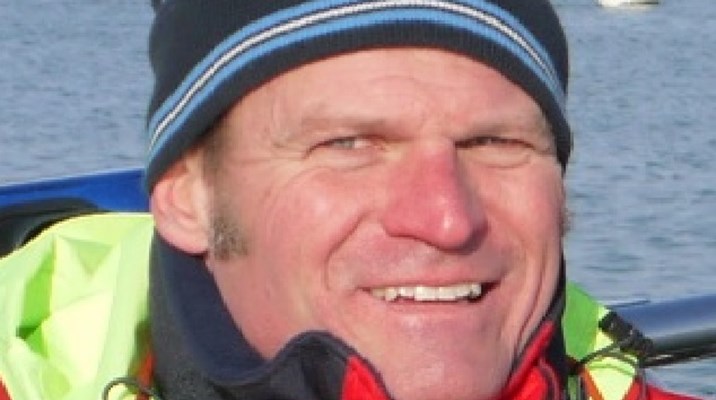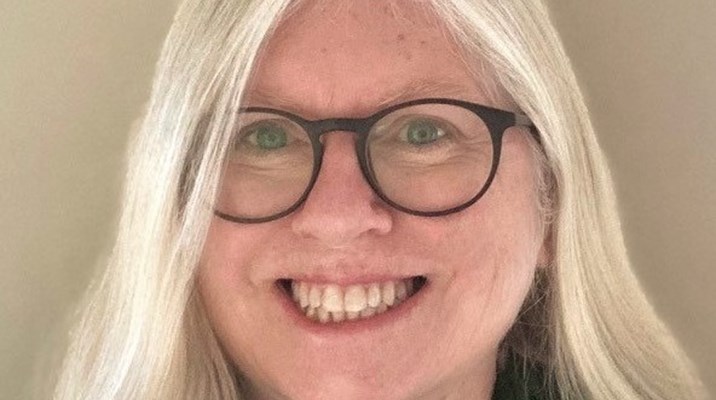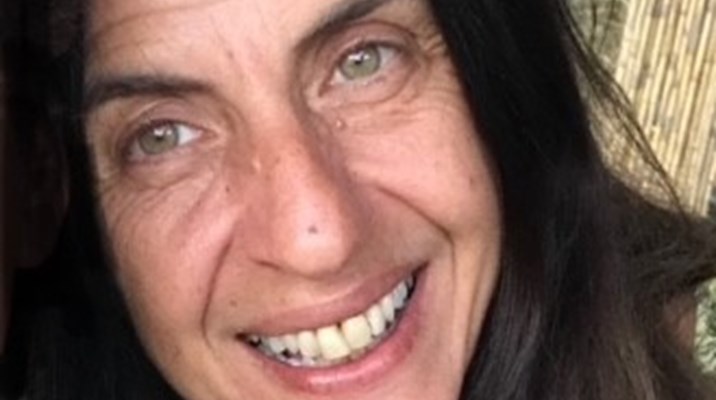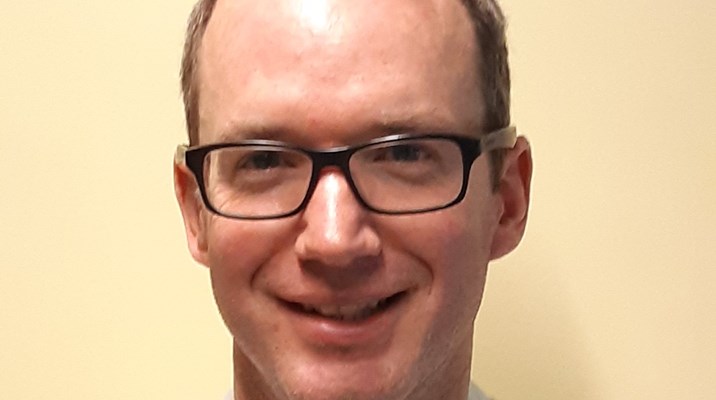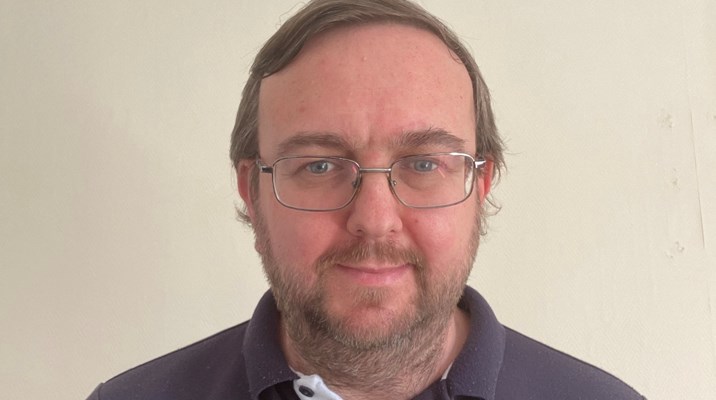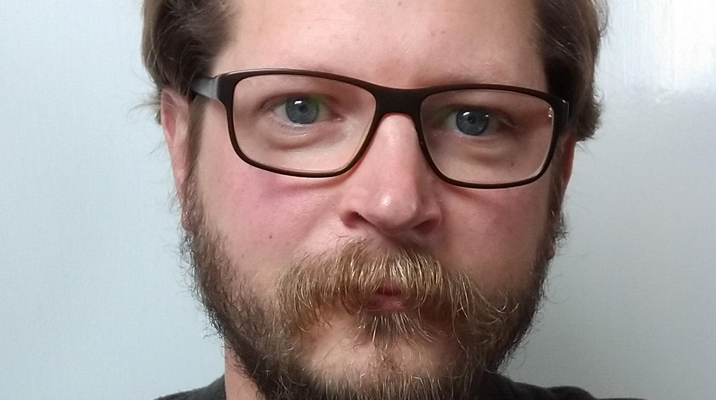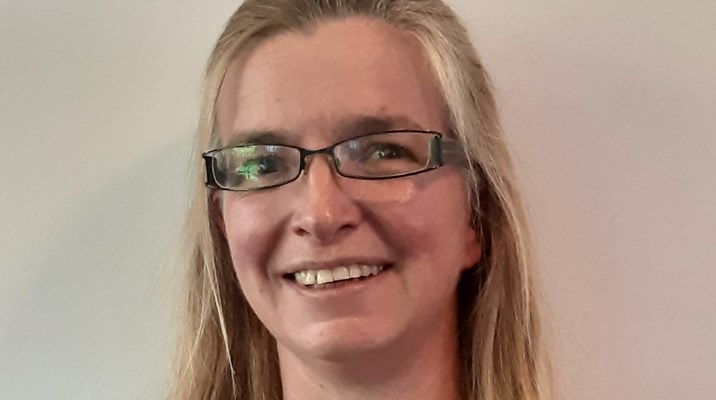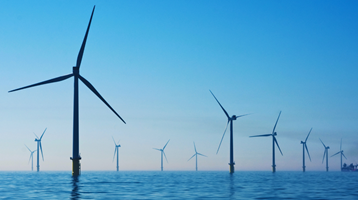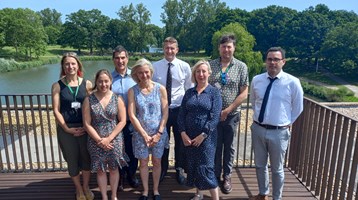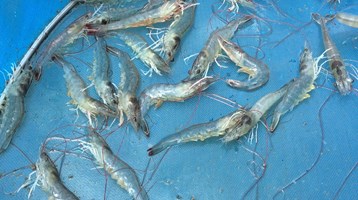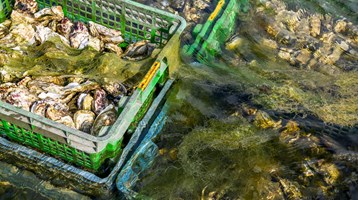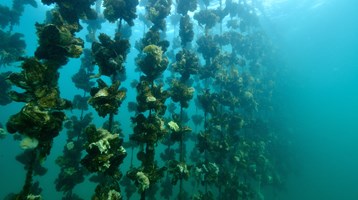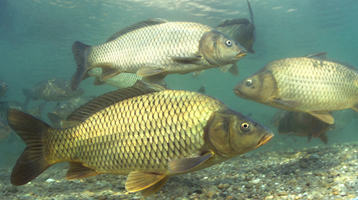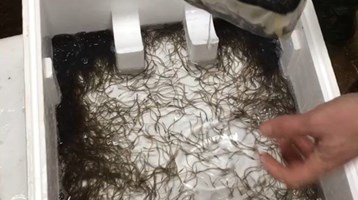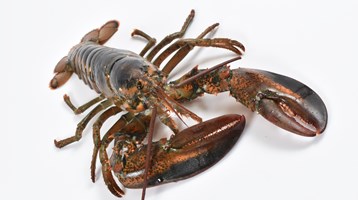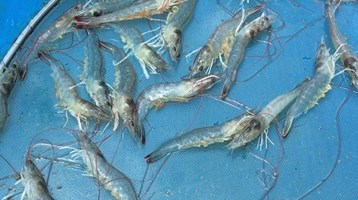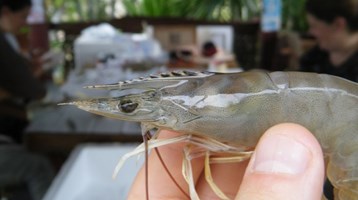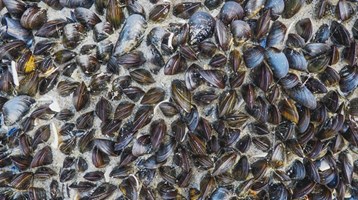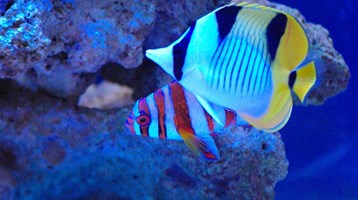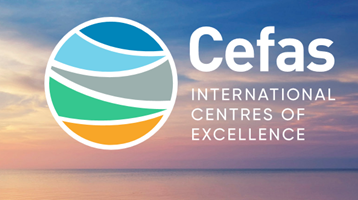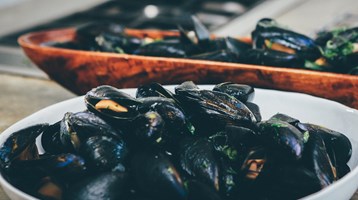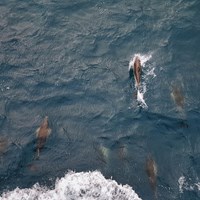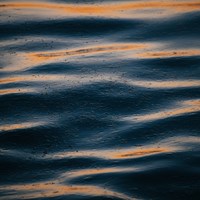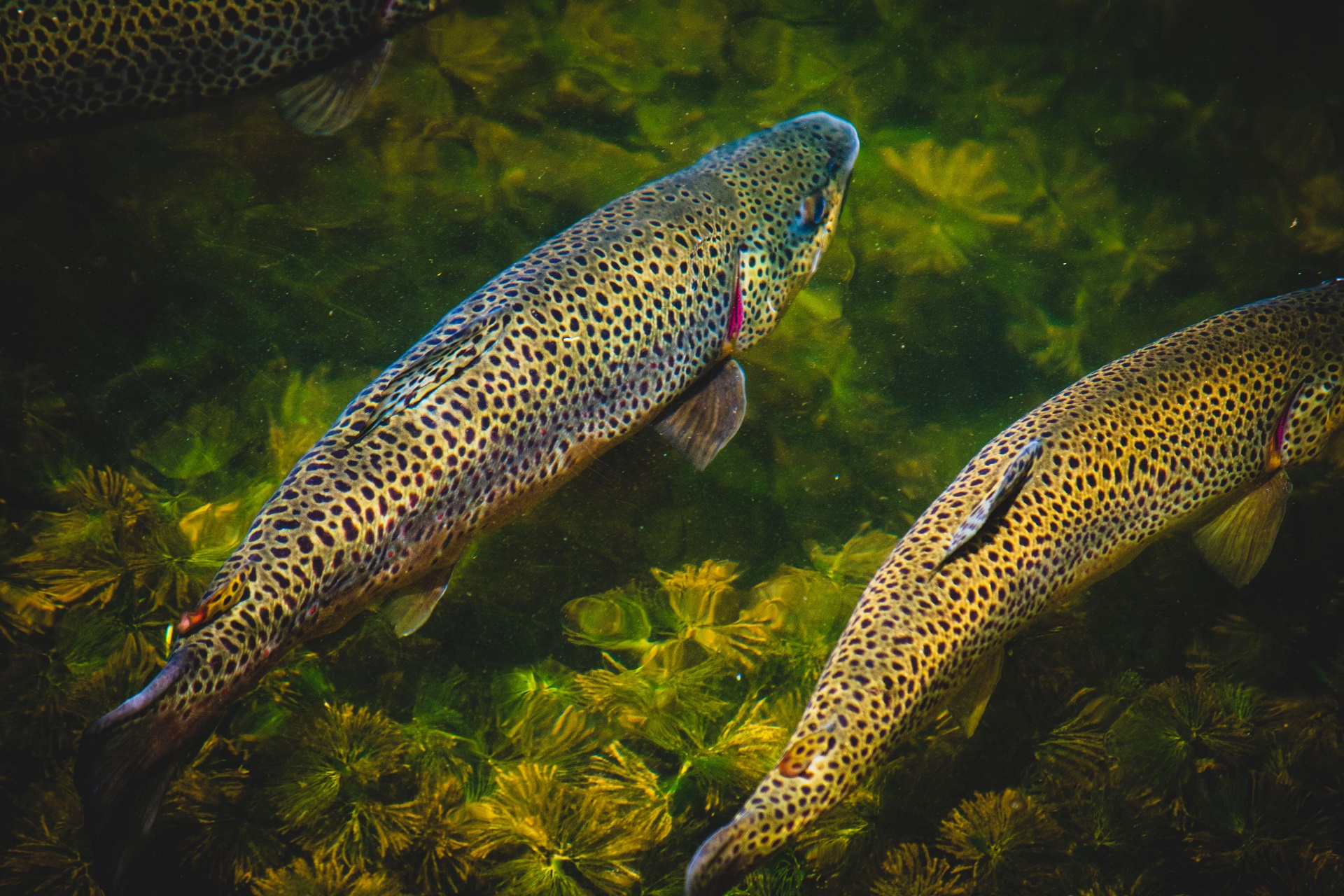
Aquatic animal health
Maintaining the health of wild and farmed seafood to minimise economic loss and maximise global aquatic food security
Our aquatic animal health programme supports both the protection of wild aquatic species and the increasing role that sustainable aquaculture will play in global food security. Our expertise in aquatic health management, pathology, bacteriology, virology, pathogen systematics, microbial diversity, disease diagnostics, fish health inspection, biosecurity, epidemiology and policy advice provides a comprehensive understanding of the role that disease plays in wild and farmed aquatic host populations, and aims to improve health outcomes for animals, people and the environment.
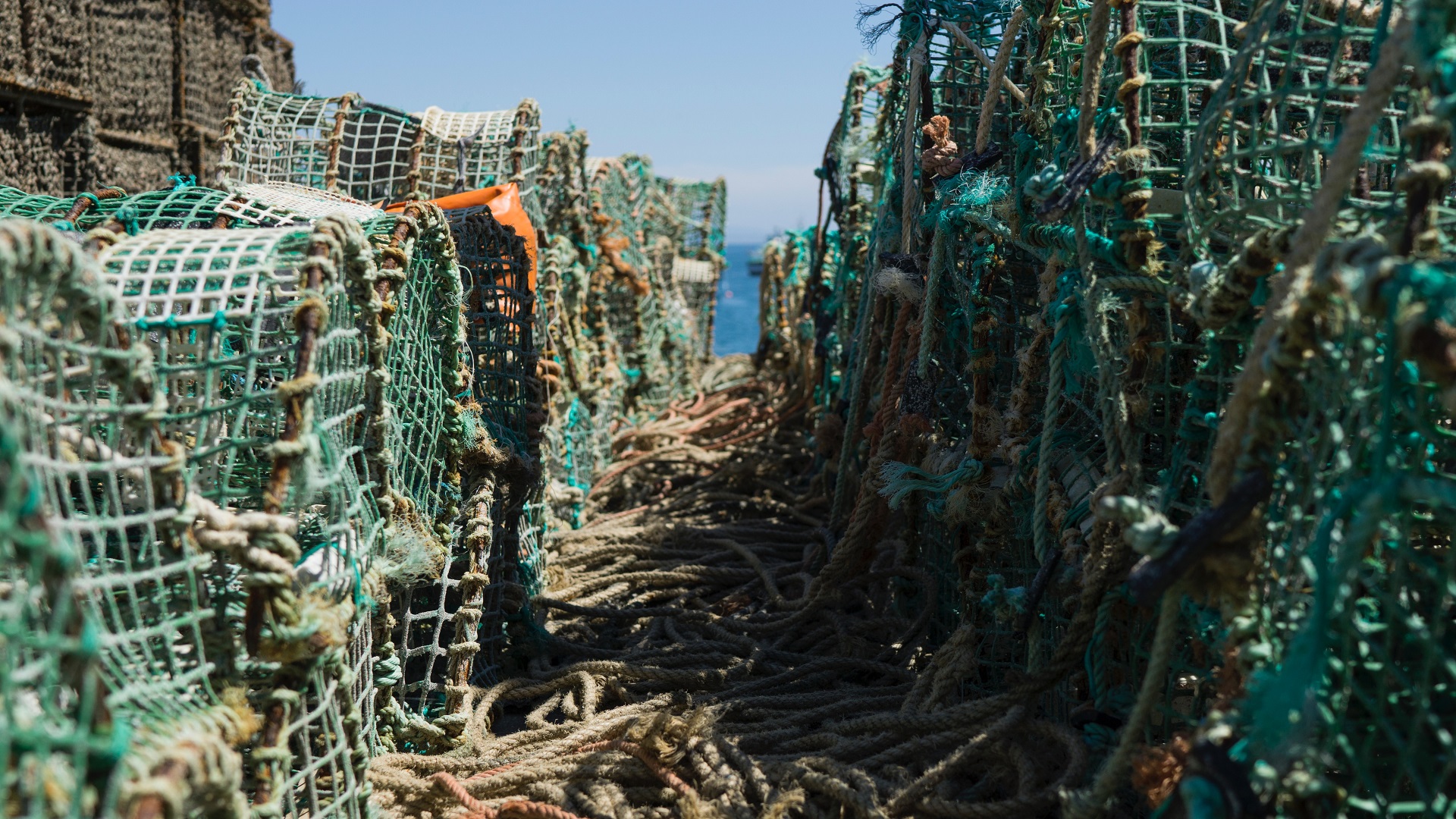
This expertise has been recognised through international designations held under our Centre of Excellence for Aquatic Animal Health which unites the joint expertise of over 80 specialists in research, diagnostics, surveillance, modelling, policy and advice related to aquatic animal health. Focussed on the role that health and disease plays in wild and farmed aquatic host populations, our work programme supports both the protection of natural capital and the increasing role that sustainable aquaculture will play in global food security. Working with partners in the UK and abroad, we aim to apply our cutting-edge science and advice where needed to improve health outcomes for animals, people and the environment.
Microsoft.CSharp.RuntimeBinder.RuntimeBinderException: Cannot perform runtime binding on a null reference at CallSite.Target(Closure , CallSite , Object ) at System.Dynamic.UpdateDelegates.UpdateAndExecute1[T0,TRet](CallSite site, T0 arg0) at CallSite.Target(Closure , CallSite , Object ) at ASP._Page_Views_Partials_grid_editors_Textstring_cshtml.Execute() in C:\home\site\wwwroot\Views\Partials\grid\editors\Textstring.cshtml:line 5 at System.Web.WebPages.WebPageBase.ExecutePageHierarchy() at System.Web.Mvc.WebViewPage.ExecutePageHierarchy() at System.Web.WebPages.WebPageBase.ExecutePageHierarchy(WebPageContext pageContext, TextWriter writer, WebPageRenderingBase startPage) at Umbraco.Web.Mvc.ProfilingView.Render(ViewContext viewContext, TextWriter writer) in D:\a\1\s\src\Umbraco.Web\Mvc\ProfilingView.cs:line 25 at System.Web.Mvc.Html.PartialExtensions.Partial(HtmlHelper htmlHelper, String partialViewName, Object model, ViewDataDictionary viewData) at ASP._Page_Views_Partials_grid_editors_Base_cshtml.Execute() in C:\home\site\wwwroot\Views\Partials\grid\editors\Base.cshtml:line 20
The Cefas International Centre of Excellence for Aquatic Animal Health, incorporates several external global designations.
The UK’s International Reference Centre for Antimicrobial Resistance (AMR) has been designated by the Food and Agriculture Organization of the United Nations (FAO) as the FAO Reference Centre for AMR. The Centre is led by three of the UK government’s Department for Environment, Food and Rural Affairs’ (Defra) Executive Agencies: Cefas, the Veterinary Medicines Directorate (VMD) and the Animal and Plant Health Agency (APHA).
The World Organisation for Animal Health (WOAH) designated Cefas as the WOAH Collaborating Centre for Emerging Aquatic Animal Disease in 2019, with a remit to identify and manage new diseases that affect farmed and wild aquatic animals.
We are also the WOAH Reference Laboratory for Koi Herpes Virus (KHV) and Spring Viraemia of Carp Virus (SVCV).
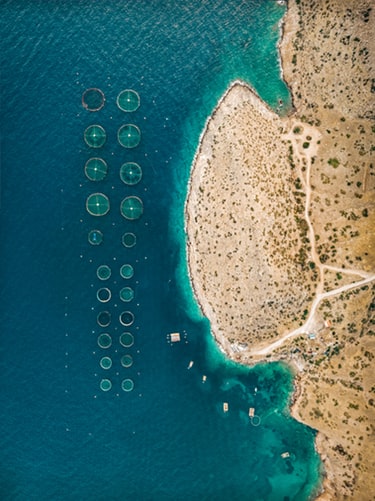
We also host the UK government’s Fish Health Inspectorate, which is responsible for preventing the introduction and spread of serious diseases in fish, shellfish and crustacea in England and Wales. We inspect fish and shellfish farms, investigating serious outbreaks of disease in both farms and the wild. By helping to maintain the health of the fish and shellfish in England and Wales, we improve businesses’ ability to trade openly outside the UK, reduce their losses from disease and help protect a valuable natural resource.
We work closely with the University of Exeter to co-lead the Sustainable Aquaculture Futures centre which aims to unlock solutions to global food security. The Sustainable Aquaculture Futures seeks to develop partnerships with academia, governments and industry, both nationally and internationally, to establish a network of world leaders in the fields of aquatic animal health, food safety, and protection of the aquatic environment.

